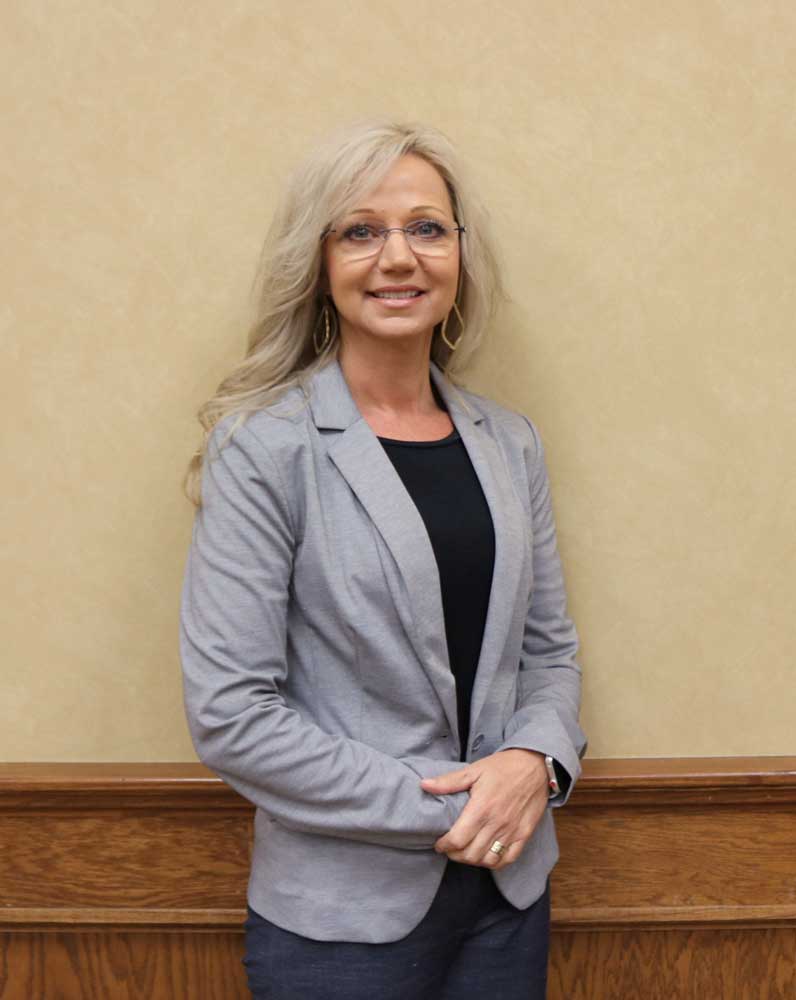Signs you are low in Vitamin D
Published 4:30 pm Friday, October 22, 2021

- Claudann Jones, Smith County AgriLife extension agent (Courtesy photo/Smith County)
What is vitamin D? Our body uses it to absorb minerals like calcium and phosphorus. That makes your teeth and bones strong. Vitamin D also supports your muscles, nerves and immune system. You can get it from sunshine on your skin and from eating eggs, fatty fish and fortified foods like milk and cereal.
Why might you need more vitamin D? Maybe because your body doesn’t:
Trending
• Get enough sunshine
• Get enough from food, especially if you’re vegan or can’t eat dairy
• Absorb vitamin D as well as it should, or it gets rid of it too quickly
Sign you are low in vitamin D:
• Slow wound healing — Wounds don’t seem to heal as fast in people with low levels of vitamin D.
• Osteoporosis — Not enough vitamin D makes it harder for your body to use the minerals it needs to keep bones strong.
Trending
• Muscle pain — People who have pain and weakness in their muscles and bones often don’t have enough vitamin D.
• Osteomalacia — If your levels stay low for a long time, it can soften your bones. That can cause breaks and other problems, especially in your hips.
• Other Related Conditions — Vitamin D levels could influence diabetes (types 1 and 2), high blood pressure, multiple sclerosis and some types of cancer.
• Breastfed Infants — There often isn’t enough vitamin D in breast milk to keep infants healthy unless the mother takes a supplement.
• People With Bowel Problems — Your body needs fat to use vitamin D. Inflammatory bowel disease (IBD) and other conditions that affect your gut — like celiac disease and cystic fibrosis — make it harder for you to absorb this fat.
• People With Gastric Bypass — After the surgery, it’s harder to absorb some nutrients including vitamin B12, copper, zinc, calcium and vitamin D.
• People Who Are Obese — If you have a BMI of 30 or more (meaning you are obese), your vitamin D levels are more likely to be lower than someone who isn’t obese. It’s not that your skin makes less vitamin D, it’s that the extra fat under your skin keeps more of it and changes the way it goes into your blood. Diet, lifestyle changes and supplements can help.
• Keep Tabs on Your Vitamin D — A simple blood test can let you know your vitamin D level. Consider a test if you’re homebound, blocked off from sunlight, or have signs of low vitamin D like bone pain, muscle pain or a condition like osteoporosis.
If you think your levels are low, don’t overdo supplements to make up the difference. Too much can be harmful. If you are in doubt, always discuss this with your physician. For more information, contact Claudann Jones, Smith County Extension Agent for Family and Community Health at 903-590-2980 or email at cmjones@ag.tamu.edu. Like our Facebook page: Texas A&M AgriLife Extension Service Smith County. Stay well and stay safe.






